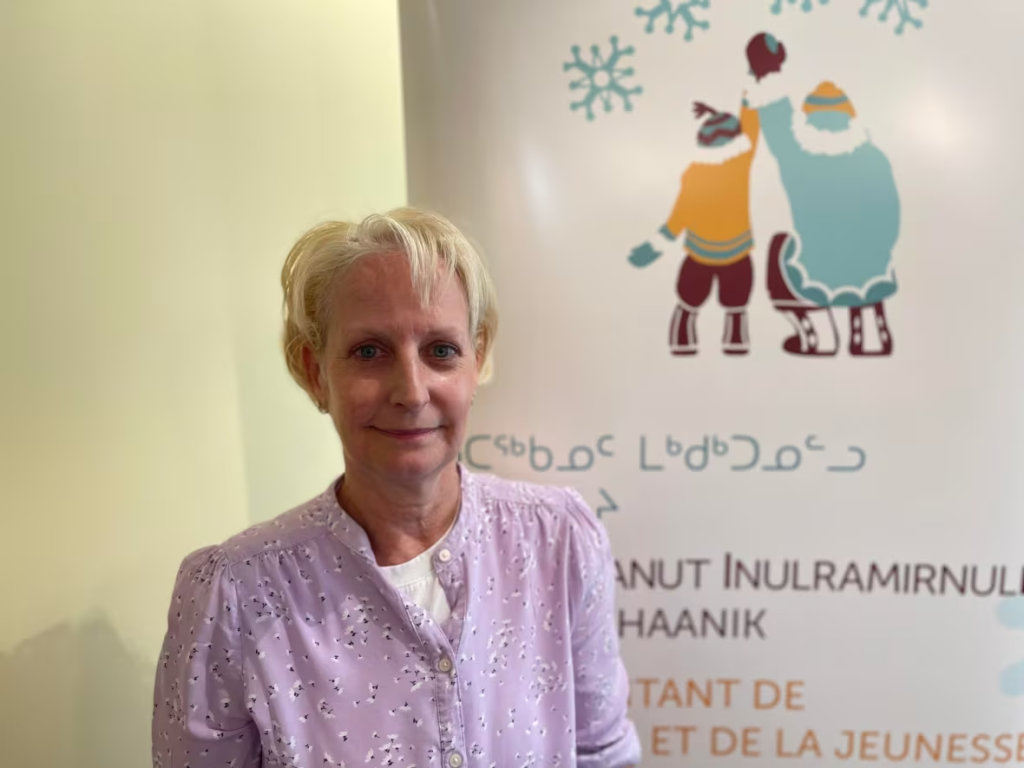Contractors filling key positions, including director, in Nunavut’s Family Services

Filled positions have gone down from 67 to 61 percent in the last 2 years, department says
Nunavut’s Family Services department is using “a number” of contractors to fill key positions in the department, a practice former workers say is problematic.
The department says the number of filled positions has gone down from 67 percent to 61 percent since the start of 2023, even with new hires considered.
Because of that, the department is using contractors to plug those gaps, though it didn’t state how many in written responses to CBC.
The vacant positions range from frontline workers to roles in leadership, such as the statutory director, though the department says it anticipates it will start recruiting for a new director in the coming weeks.
“The department does utilize contract staff—including in key frontline roles—as a necessary measure to maintain uninterrupted service delivery while recruitment for indeterminate positions is ongoing. This approach ensures that children, youth and families continue to receive the support they need without delay,” the department said.
Jane Bates, Nunavut’s representative for children and youth, says she’s not impressed.
“If someone’s working remotely, you can’t do frontline child protection. Frontline child protection is very hands-on, and it relies upon relationship building and having face to face contact with families with children,” she said.

In June, Nunavut’s information and privacy commissioner released a report stating the department had systemic issues around the privacy of children in care.
Under the Child and Family Services Act, there are few people who are allowed to disclose and communicate information about children in care. Bates is worried that isn’t being properly adhered to with jobs being contracted out.
Toxic culture
CBC has spoken to two former Family Services employees, who we are not naming as it may harm their current employment with the government.
One former worker is concerned that Inuit are being left out of opportunities in the department, with the push to fill jobs with contractors.
“It’s not in line with the Nunavut agreement. It’s not in line with the GN values … we’re not even giving Inuit the chance to govern their own change in their own communities, to provide their own essential feedback on what the services that we have in Family Services should look like,” they said.
Another former worker is worried that the use of temporary workers causes distrust with communities.
“Pushing out local, experienced staff in favour of outsiders who often don’t have ties to Nunavut hurts trust, cultural competence and service continuity,” they said.
“These agencies often aren’t bound by the same ethics as government employees.”
Ultimately, that worker blames a toxic work culture for all the resignations.
“The department has a reputation for burnout, a toxic workplace culture and a disconnect at senior management levels,” they said.
In response, the department says it’s launching a series of town halls and surveys to better understand how to recruit and retain qualified workers.
Related stories from around the North:
Canada: Ottawa Inuit association says it’s “encouraged” by Ontario’s plan to redesign child welfare, Eye on the Arctic
Finland: Psychologists in Finland sign climate petition, citing concerns for youth mental health, Yle News
Sweden: Calls for more Indigenous protection in Sweden on Sami national day, Radio Sweden
United States: Alaska and its tribes sign child services agreement, Alaska Public Media



